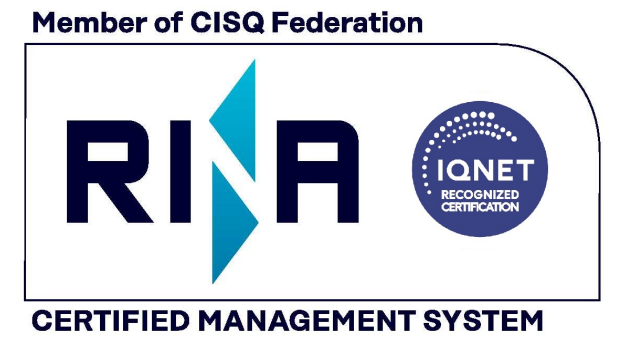Steering Track Control System
- Home
- Products
- Steering Track Control System

Highlander steering systems provide for full and dependable manual and automatic control.
Under manual control, the handsome follow-up handwheel, follow-up mini controller and non-follow-up tiller provide immediate tactile governance over rudders and directional propulsion drives. The heading value is indicated on Highlander compass steering and bearing repeaters and furnished on the ship’s navigation network to the various equipment users.
Highlander’s autopilot is adaptive, meaning that the way in which it exercises control over ship’s directivity undergoes adjustment over time. Proprietary algorithms learn how the individual vessel behaves hydrodynamically and “adapts” the autopilot to suit it best. The aim is to achieve perfect steering with no over-steering or under-steering. Of course the non-predicatable variability of the medium in which the ship sails means that steering cannot achieve perfection. Yet the adaptive autopilot’s efficacy is superlative, better than that achievable by even the best helmsman.
Steering automation is taken one step further when autopilot is enjoined to ECDIS. This combination yields track control by which the course set by autopilot is determined by the track set in the ECDIS. This “smart” steering by Highlander produces not only far less crew fatigue but also remarkable savings in fuel due to the reduced inefficiency in the course corrections made by machine compared with those made by man.
Steering Control System Series 600
The 600 Series steering control system is Highlander’s premier solution for both heading and track control. The two steering modes “SC” and “TCS” carry separate MED type approvals yet use the same identical hardware. Heading control keeps the ship steadily on a course set by the deck officer during open water sailing. Track control takes the set course digitally, hands-off, from the ECDIS charted voyage.
The Series 600 is built on a fault-tolerant CAN bus network and features dual-mode system and alarm control with both touch screen and hand settings. Independent rudder angle feedback units ensure maximum precision in the governance of the ship’s rudders.
- Internationally Approved
- Transmits on 406 and 121.5 MHz
- Non hazardous battery for safe and easy transportation
- Stow safe carry bracket available for safe transportation
- High brightness LED fl ashing locator light
- 72 comprehensive diagnostic and self-tests during battery life
- Once activated, will transmit for a minimum of 48 hours
- 6 year battery life
- 5 year warranty


